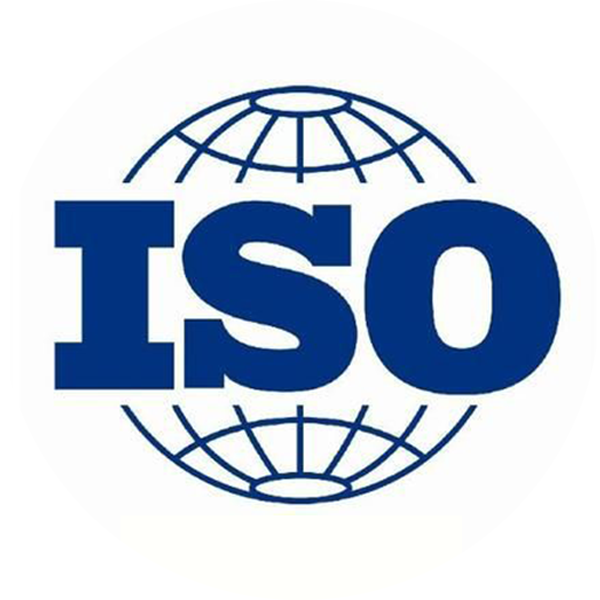Aluminum plates are versatile materials widely used across various industries due to their lightweight nature, corrosion resistance, and excellent mechanical properties. Let's delve into their composition, properties, and applications:
Composition:
Aluminum plates are primarily composed of aluminum, a lightweight and malleable metal. The most common alloy used in aluminum plates is 1xxx, 3xxx, 5xxx, 6xxx, or 7xxx series, which includes various elements like copper, silicon, magnesium, zinc, and manganese to enhance specific properties such as strength, corrosion resistance, and machinability.
Properties:
Lightweight: Aluminum is significantly lighter than steel, making aluminum plates ideal for applications where weight is a critical factor.
Corrosion Resistance: Aluminum naturally forms a protective oxide layer on its surface, which provides excellent resistance to corrosion, even in harsh environments.
High Strength-to-Weight Ratio: Aluminum plates offer impressive strength-to-weight ratios, making them suitable for structural applications where both strength and weight are important considerations.
Malleability and Formability: Aluminum plates can be easily formed, stamped, or machined into various shapes without compromising their structural integrity.
Conductivity: Aluminum is an excellent conductor of heat and electricity, making aluminum plates suitable for applications requiring thermal or electrical conductivity.
Reflectivity: Aluminum has high reflectivity to both heat and light, making it valuable in applications such as reflectors and solar panels.
Recyclability: Aluminum is highly recyclable with no loss of quality, making it an environmentally friendly material choice.
Applications:
Aerospace: Aluminum plates are extensively used in the aerospace industry for manufacturing aircraft structures, wings, fuselage panels, and interior components due to their lightweight and high strength-to-weight ratio.
Automotive: In the automotive sector, aluminum plates find applications in manufacturing vehicle body panels, engine components, wheels, and heat exchangers to reduce weight and improve fuel efficiency.
Construction: Aluminum plates are used in construction for roofing, cladding, curtain walls, and structural components due to their corrosion resistance, durability, and ease of fabrication.
Marine: Aluminum plates are preferred for marine applications such as boat hulls, decks, and superstructures due to their corrosion resistance in saltwater environments.
Transportation: Aluminum plates are used in the transportation industry for manufacturing trailers, railway cars, and shipping containers due to their lightweight and corrosion-resistant properties.
Electronics: Aluminum plates are used in electronics for manufacturing heat sinks, enclosures, and printed circuit boards due to their thermal conductivity and lightweight nature.
Industrial Equipment: Aluminum plates find applications in various industrial equipment such as tanks, pressure vessels, and machinery components due to their corrosion resistance and strength.
Aluminum plates offer a wide range of benefits across diverse industries, making them a preferred choice for numerous applications requiring lightweight, durable, and corrosion-resistant materials.
What are you looking for?
8
Workshops
100.000m2
Factory Area
3000 tons
Monthly capacity

Assurance
*We respect your confidentiality and all information are protected. Maybe the time difference, We will respond to your inquiry message within 12 hours at the latest.

